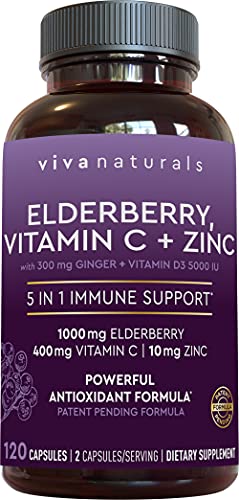Zinc
Always consult your primary physician when starting a nutrition program with Zinc.
What is Zinc
Zinc is an essential mineral that is naturally present in some foods, added to others, and available as a dietary supplement.
Zinc deficiency is characterized by growth retardation, loss of appetite, and impaired immune function. In more severe cases, zinc deficiency causes hair loss, diarrhea, delayed sexual maturation, impotence, hypogonadism in males, and eye and skin lesions [2,8,25,26]. Weight loss, delayed healing of wounds, taste abnormalities, and mental lethargy can also occur [5,8,27-31]. Many of these symptoms are non-specific and often associated with other health conditions; therefore, a medical examination is necessary to ascertain whether a zinc deficiency is present.
Where can I get Zinc?

Zinc nutritional deficiency
Zinc nutritional status is difficult to measure adequately using laboratory tests [2,32,33] due to its distribution throughout the body as a component of various proteins and nucleic acids [34]. Plasma or serum zinc levels are the most commonly used indices for evaluating zinc deficiency, but these levels do not necessarily reflect cellular zinc status due to tight homeostatic control mechanisms [8]. Clinical effects of zinc deficiency can be present in the absence of abnormal laboratory indices [8]. Clinicians consider risk factors (such as inadequate caloric intake, alcoholism, and digestive diseases) and symptoms of zinc deficiency (such as impaired growth in infants and children) when determining the need for zinc supplementation [2].
Zinc nutritional supplement


